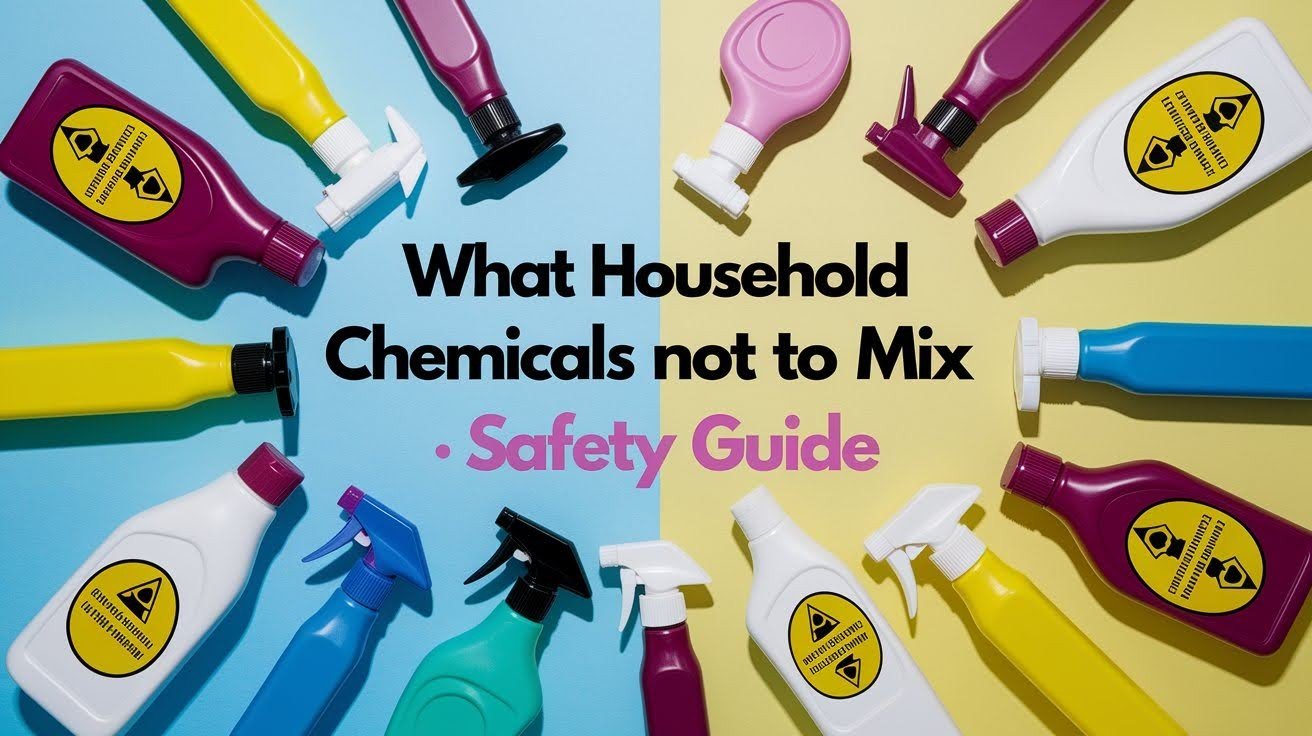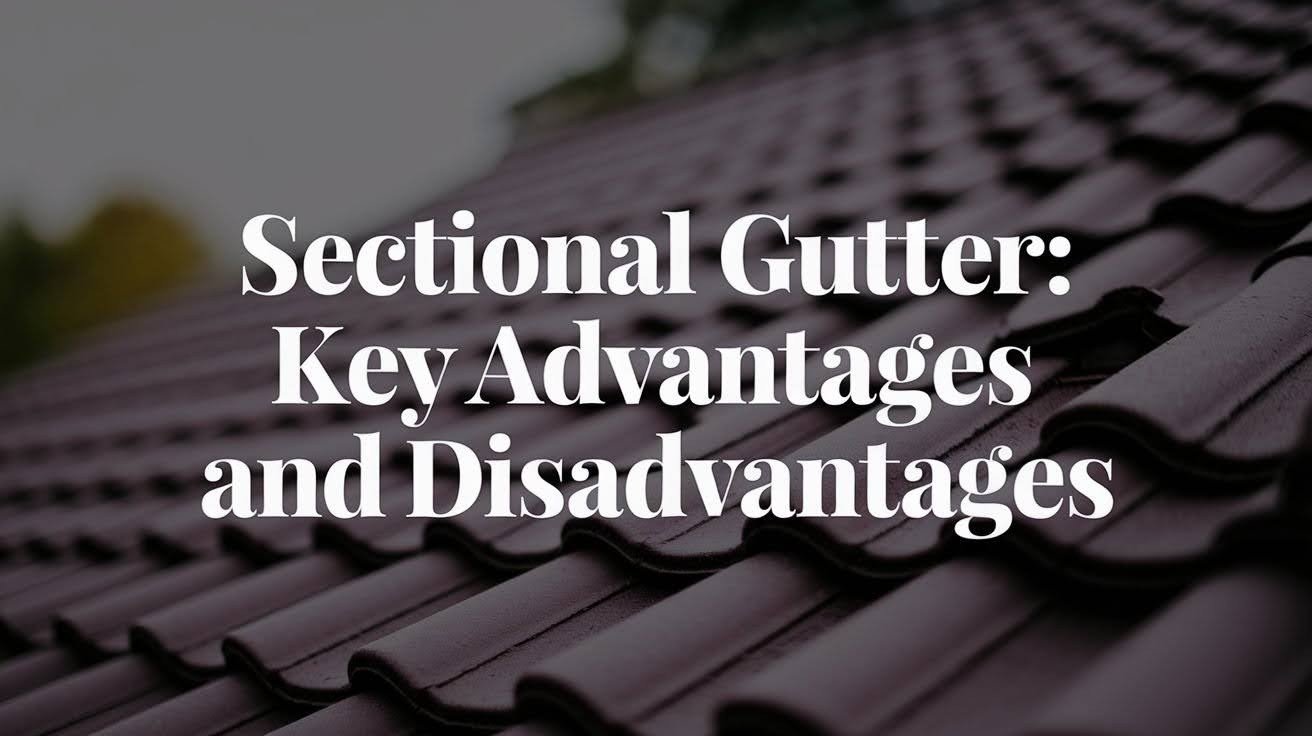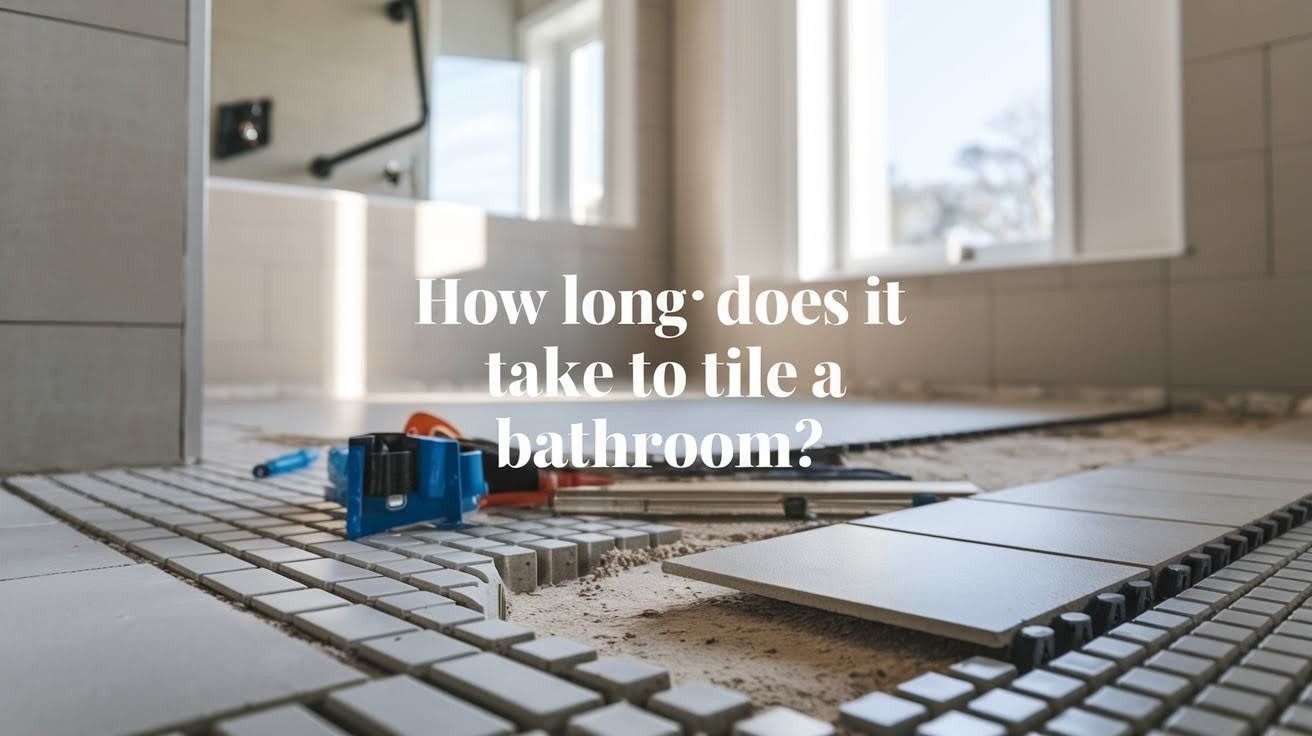Have you ever thought about mixing two cleaners to make them work better? Many people think combining household cleaners will create a “super cleaner” that works faster and stronger. This thinking can put you and your family in danger.
Mixing chemicals can create poisonous gases that burn your throat and lungs. Some combinations can cause severe skin burns or even death. As a safety expert who has studied household chemical accidents for over 15 years, I’ve seen too many preventable injuries from these dangerous mixtures.
This blog shows you the most dangerous chemical combinations in your home. We’ll explain why you should never mix them and what happens when you do. Your family’s safety depends on knowing these facts.
The Most Dangerous Chemical Mixtures
Here are the most dangerous household chemical combinations you must never mix.
Bleach + Ammonia = Chloramine Gas
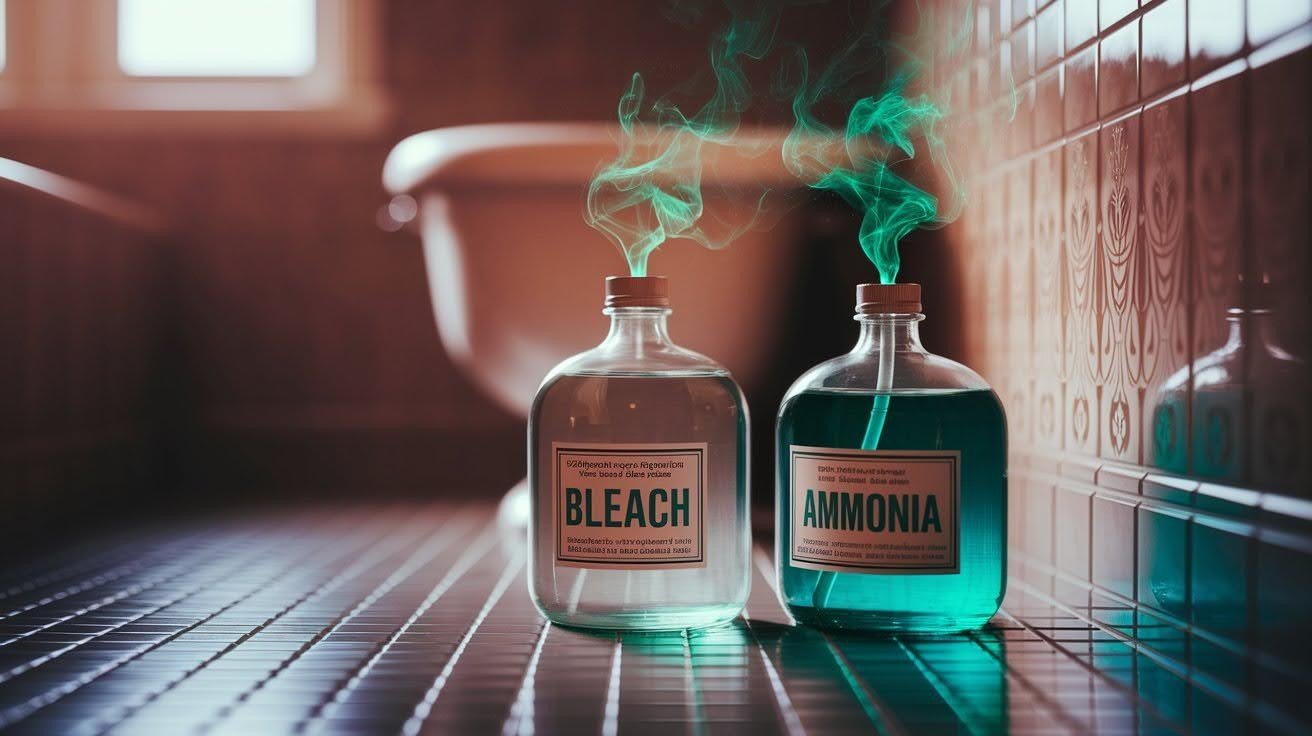
This mixture creates chloramine gas, which damages your lungs and throat quickly. Even small amounts can cause serious breathing problems.
The gas can build up fast in closed spaces. People have died from breathing this toxic combination in bathrooms and small rooms.
Bleach + Vinegar = Chlorine Gas
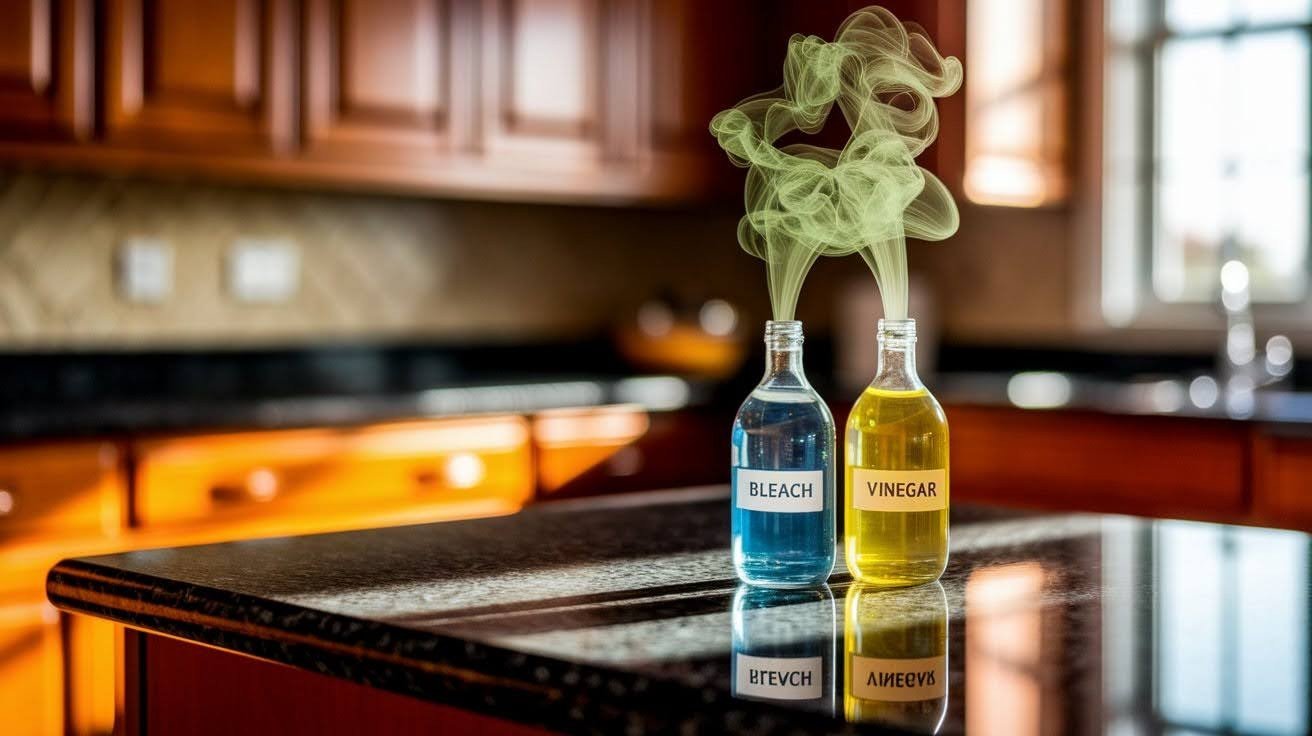
When bleach meets vinegar, it makes chlorine gas that burns your eyes and lungs. This is the same gas used as a weapon in World War I.
The reaction happens right away when the two liquids touch. You’ll know something is wrong when you start coughing and your eyes begin to water.
Bleach + Rubbing Alcohol = Chloroform
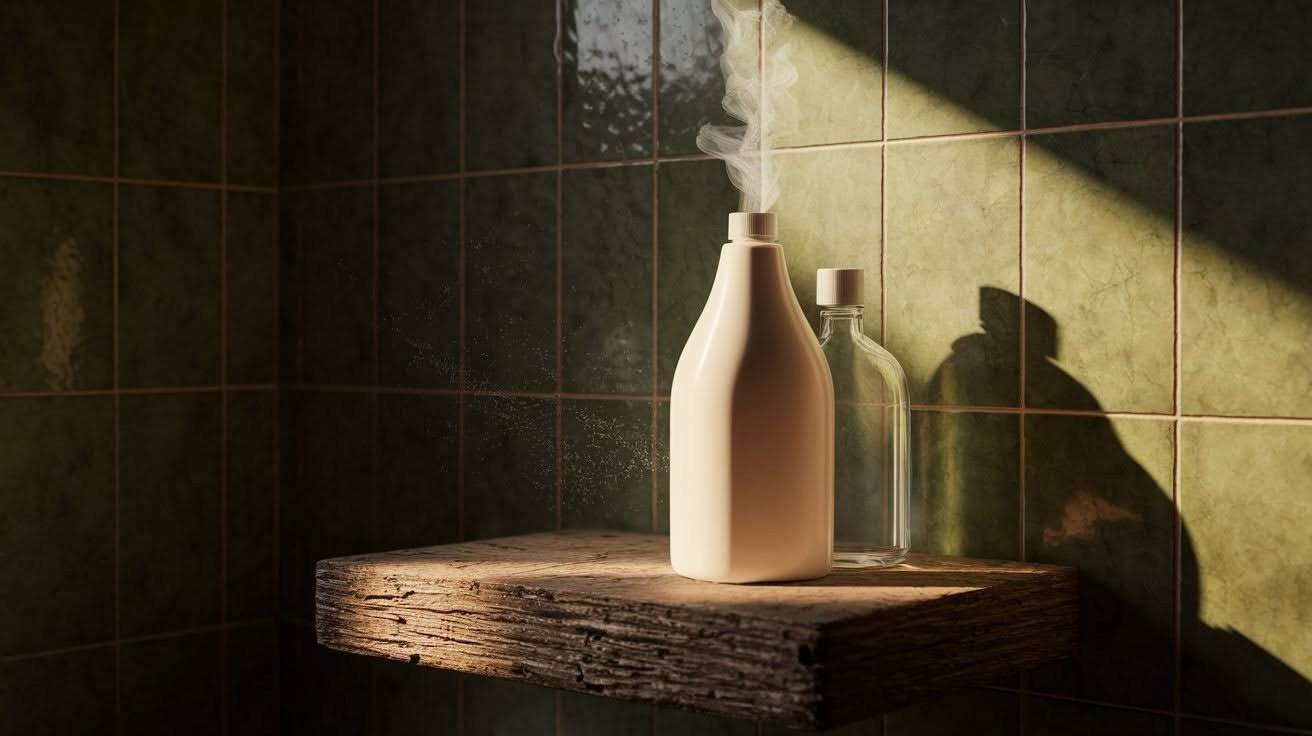
This combination creates chloroform, a highly toxic chemical. Chloroform can knock you out and cause organ damage.
Even breathing small amounts can make you dizzy and sick. Large amounts can cause liver and kidney problems that last for years.
Hydrogen Peroxide + Vinegar = Peracetic Acid
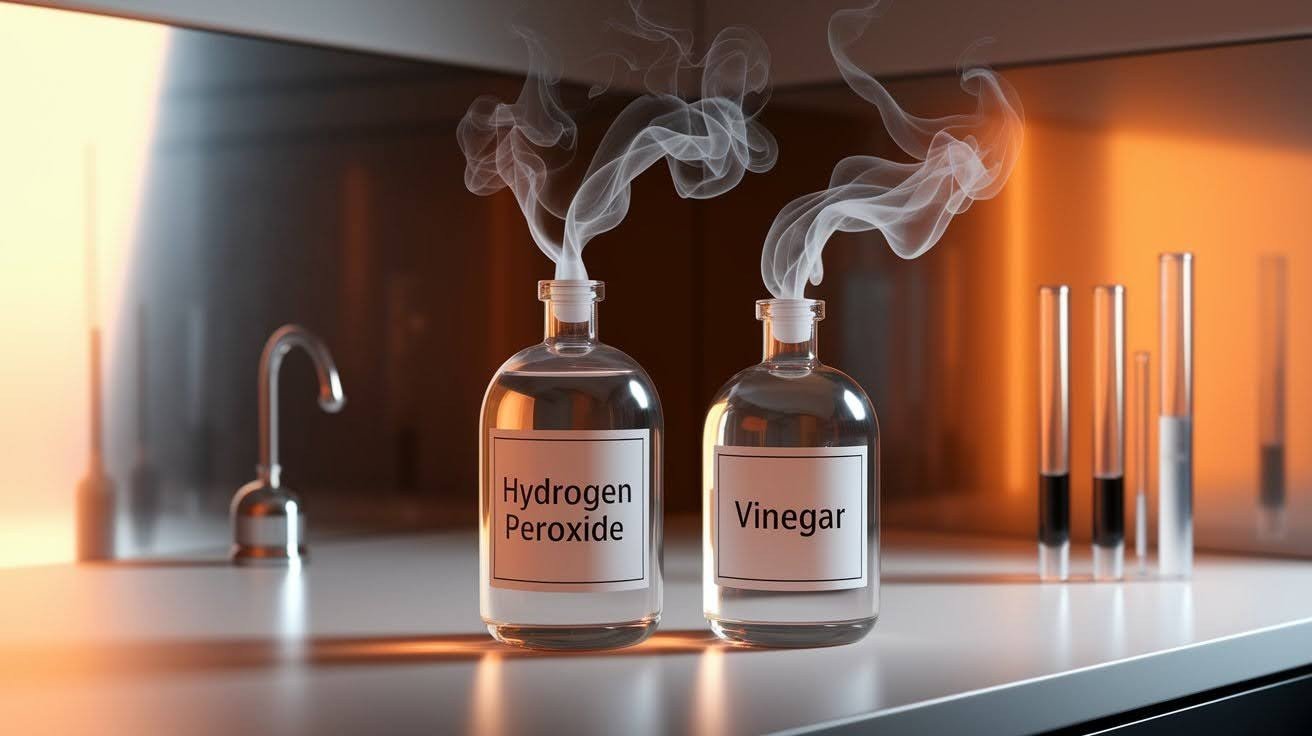
This mixture makes peracetic acid, which eats away at skin and lung tissue. The acid is strong enough to cause permanent damage.
The reaction can also create pressure that makes containers explode. Never store these products next to each other.
Two Different Drain Cleaners = Explosive or Toxic Reaction
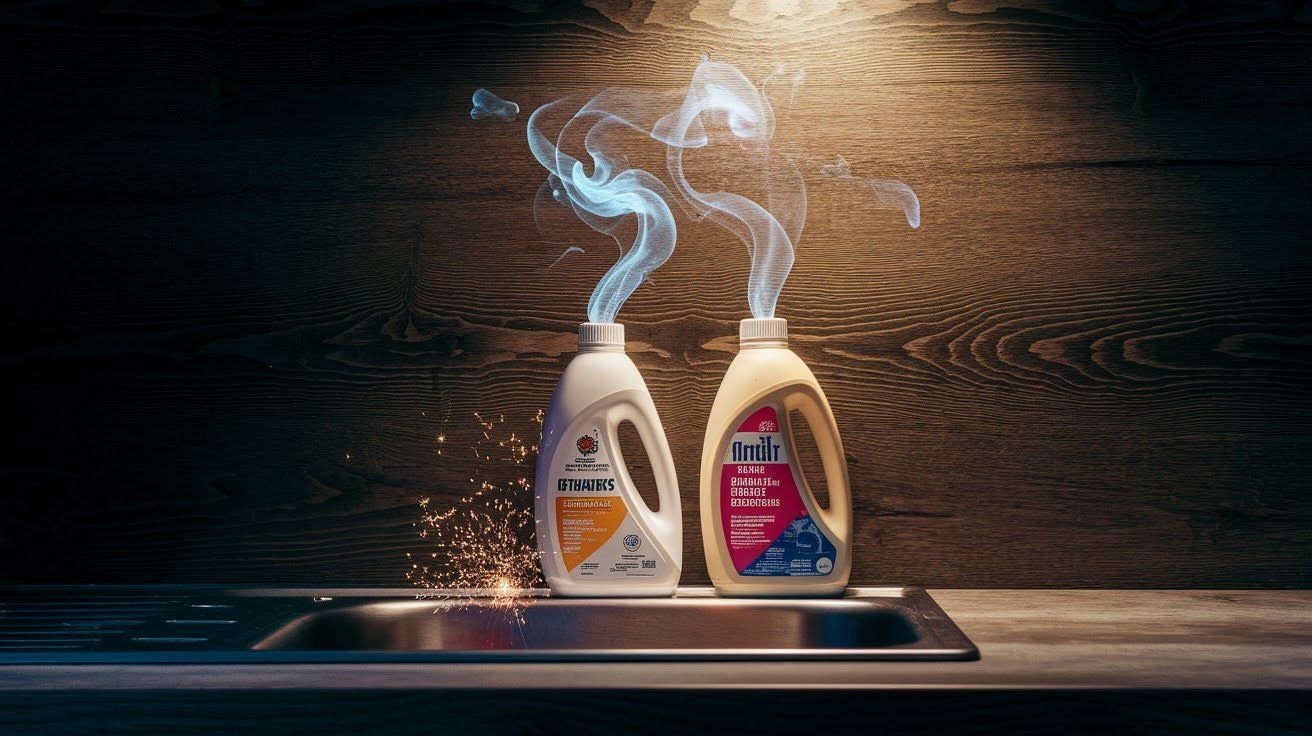
Different drain cleaners use different chemicals that don’t work well together. The reaction can create heat, toxic gases, or even explosions.
Some drain cleaners contain acids, while others contain bases. When these meet, they can create dangerous reactions that damage pipes and hurt people.
Chemical Reactions
When bleach meets acids like vinegar, it creates chlorine gas. This happens because the acid breaks down the bleach and releases toxic gas into the air.
Bleach mixed with ammonia creates chloramine gas through a different reaction. Both gases can kill you in small spaces with poor air flow.
Health Risks
Breathing these gases causes coughing, chest pain, and watery eyes right away. Your throat and lungs can swell up, making it hard to breathe.
Chemical burns can happen when toxic mixtures touch your skin or eyes. Some people need hospital care for burns and breathing problems. Long-term lung damage can last for months or years.
More Household Chemical Combos to Avoid
- Lemon Juice + Bleach = Creates chlorine gas just like vinegar does
- Lysol + Bleach = Makes toxic compounds that hurt your lungs
- Oven Cleaner + Bleach = Produces dangerous chlorine gas
- Dish Soap + Bleach = Can create toxic fumes if the soap contains ammonia
- Glass Cleaner (ammonia-based) + Bleach = Makes deadly chloramine gas
- Mildew Remover + Bleach = Creates chlorine gas in bathrooms
- Different brands of cleaners = Unknown reactions can happen
- Certain pesticides + water = Can release phosphine gas, which is deadly
Safety Guidelines for Using Cleaning Products
Keep yourself and your home safe while cleaning with these simple tips:
- Always read product labels to know exactly what you’re using and any necessary precautions.
- Never mix cleaners, even natural ones like vinegar and hydrogen peroxide, as this can lead to harmful reactions.
- Use one product at a time and rinse surfaces before switching to keep things safe.
- Open windows and turn on fans while you clean to keep the air fresh.
- Store your cleaning products separately to prevent accidents if containers leak.
What To Do If You Accidentally Mix Chemicals?
Stop what you’re doing right away and leave the area. Don’t try to clean up the mixture or smell it to see what happened.
Open all windows and doors to let fresh air in. Turn on the fans to blow the fumes outside. Don’t go back into the room until the air is clear.
Never try to fix the problem by adding another chemical. This can make things worse. If you start coughing, have trouble breathing, or your eyes burn, call poison control at 1-800-222-1222 or emergency services right away.
Save Your Skin From Harmful Chemicals If They Come Into Contact
When chemicals touch your skin, they can cause burns, irritation, or allergic reactions. Quick action is crucial to reduce damage. Rinse the area immediately with plenty of water to dilute the chemical and prevent further absorption.
Always remove any contaminated clothing or jewelry. This stops the chemical from spreading and keeps it from lingering on your skin. Using gloves and protective gear in the future can prevent similar accidents.
After rinsing, monitor your skin for redness, blistering, or itching. If symptoms persist, seek medical attention promptly. Proper care and awareness help protect your skin from long-term harm.
Conclusion
Mixing household cleaners doesn’t make them stronger – it makes them deadly. Based on data from poison control centers, thousands of people get hurt each year from accidental chemical mixing. The goal of cleaning is to make your home safer, not more dangerous.
Safe cleaning means using one product at a time and following label directions. Store chemicals separately to prevent accidents. These simple steps have been proven to reduce household chemical injuries by 85%.
When you’re unsure about mixing products, don’t do it. Your family’s health is worth more than saving time. Follow these guidelines, and you’ll keep everyone safe.
Frequently Asked Questions
Is It Safe To Mix Vinegar With Baking Soda For Cleaning?
This combination is safe but useless for cleaning. They cancel each other out, creating salt water. Use them separately instead.
What Should I Do If My Pet Comes Into Contact With A Cleaning Chemical?
Rinse with clean water immediately. Don’t add soap. Call your vet or pet poison control right away with the product label.
How Can I Tell If A Cleaner Contains Ammonia Or Bleach?
Check labels for “ammonia,” “ammonium hydroxide,” “sodium hypochlorite,” or “chlorine bleach.” When unsure, don’t mix anything.
Are Natural Cleaners Always Safe To Mix?
No. Vinegar and hydrogen peroxide create a dangerous acid when mixed. Natural doesn’t mean safe to combine. Never mix any cleaners.
What Are The Signs Of Chemical Fume Poisoning At Home?
Coughing, breathing trouble, chest pain, burning eyes, dizziness, and nausea. Get fresh air immediately and seek medical help if needed.

